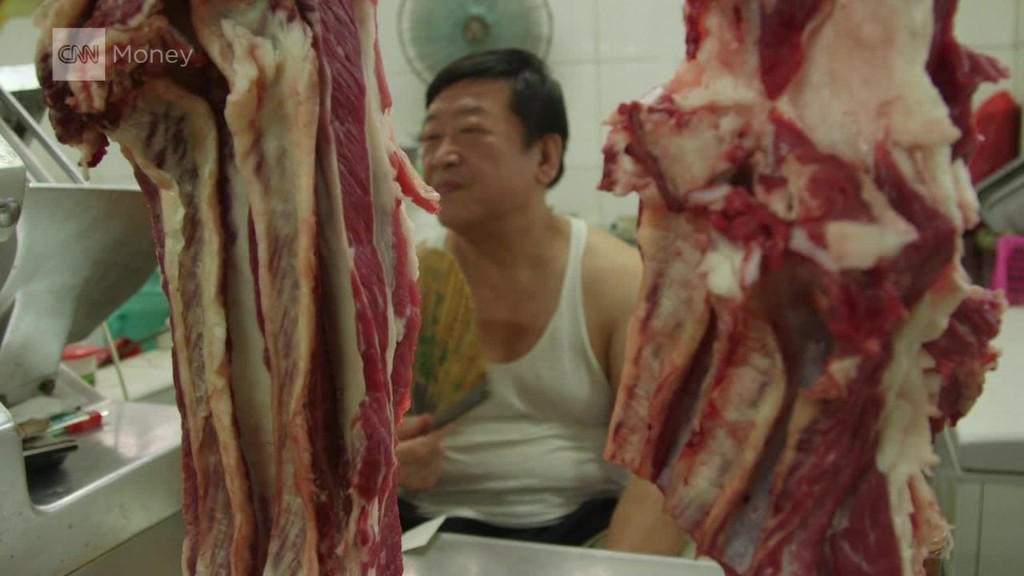
Buy property! No, wait -- buy stocks! OK, back to property!
China has a problem: Its citizens are among the best savers in the world, but they don't have enough places to stick their money -- a reality that's contributing to the formation of asset bubbles.
For years, the investment of choice in China was property. At one point, this made sense -- there was plenty of demand for housing in the world's most populous country. Entire metropolises were going up overnight.
But as more investors piled into property, the market became saturated. Some new developments stood vacant, construction slowed and real estate prices declined. With returns dropping, many investors moved their money out of property and into a newly hot investing vehicle: the stock market.
The wave of investment helped push China's stock market to new highs. Shanghai stocks peaked in mid-June, having increased by an incredible 150% over the previous year. The Shenzhen stock market was even frothier.
Then the bottom fell out, with stocks entering a dizzying free fall in recent weeks.
Now, because average Chinese have few investment options, some of the money is being plowed right back into property, according to the China Household Finance Survey.
"What we have here is Chinese households with a huge savings rate, with a lot of cash to invest," said Brian Jackson, a China economist with IHS Global Insight. "There are fairly limited formal investment options in China, so people crowd into the ones that are available ... [and] that does fuel speculative bubbles."
Graphic: Market madness: U.S. vs China investors
Chinese investors are limited to property, government pension funds, basic savings accounts and stocks. There are no 401K accounts or Roth IRAs, and foreign investment is heavily restricted.
The lack of options has allowed the proliferation of much riskier, opaque investments, often referred to as "wealth management products," which offer higher interest rates than traditional savings accounts. The problem is that they're managed off a bank's balance sheet, and with little transparency.
Related: Stocks tumble to slash $30 billion from China's growth
For investors hoping to avoid this shadow investment system, stocks and property can offer attractive returns.
The recent stock market boom was fueled by retail investors, many of whom had little experience with investing and rushed in after seeing neighbors and relatives turn a hefty profit. Many believed that government support for markets made stocks a safe bet.
That kind of crowd mentality exists in other places, Jackson said, but speculative bubbles can form more quickly in China.
"The issue the [Chinese] government has is to find a way to expand the number of investment options to match household demand for investment, but also without introducing too much volatility in the system," he said.


